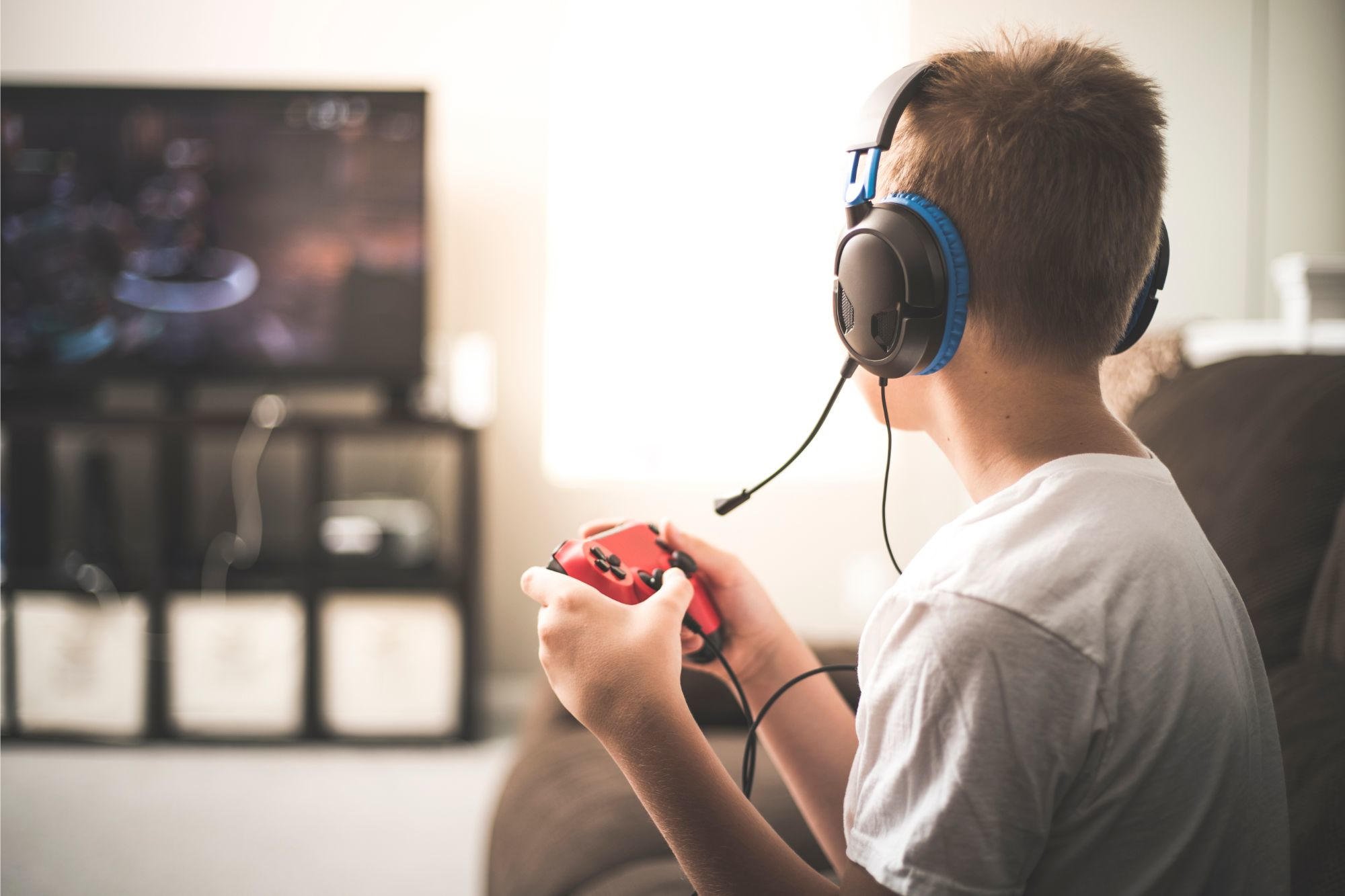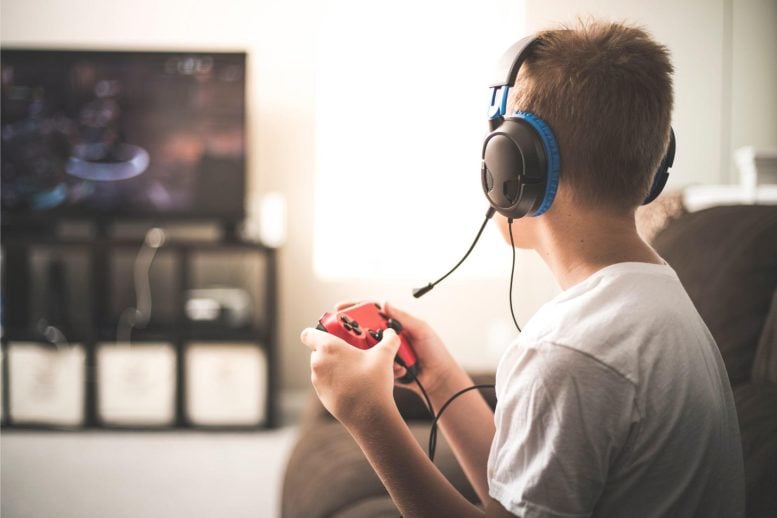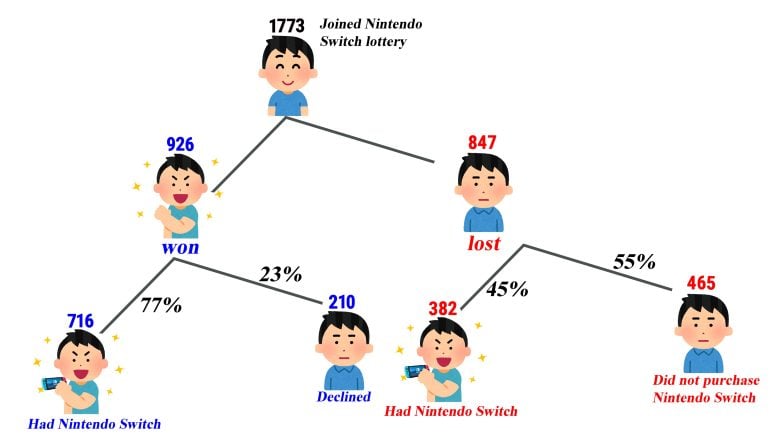

A recent Japanese study has identified a positive causal impact of video gaming on mental well-being, with the Nintendo Switch showing significant benefits for young people’s mental health.
A new study published in Nature Human Behaviour has revealed a causal relationship between video gaming and improved mental well-being among Japanese residents during the COVID-19 pandemic. This pioneering research is the first to demonstrate this relationship using real-life data, providing concrete evidence challenging the negative stereotypes associated with gaming.
Comprehensive Analysis and Key Findings
- Analysis of 97,602 survey responses from Japanese residents aged 10 to 69 during the COVID-19 period
- Game console ownership, along with increased gameplay, significantly improved mental well-being
- Machine learning analysis revealed that different consoles had varying impacts: PlayStation 5 showed smaller benefits for adolescents and females, while Nintendo Switch demonstrated larger benefits for adolescents
The study found substantial improvements in mental well-being: owning a Nintendo Switch improved mental health by 0.60 standard deviations while owning a PlayStation 5 improved it by 0.12 standard deviations. Additionally, PlayStation 5 ownership increased life satisfaction by 0.23 standard deviations.
Methodology and Team Insights
The research team, comprising experts from Osaka University, Hamamatsu University School of Medicine, Takasaki City University of Economics, the National Graduate Institute for Policy Studies, and Nihon University, utilized a unique natural experimental design. By analyzing data from game console lotteries during COVID-19 supply shortages, they established a causal link between gaming and improved mental health.

Challenging Stereotypes and Broader Implications
Lead author Hiroyuki Egami, PhD., Assistant Professor at Nihon University, said: “Our findings challenge common stereotypes about gaming being harmful or merely providing temporary euphoria. We’ve shown that gaming can improve mental health and life satisfaction across a broad spectrum of individuals.”
Egami further explained, “Many earlier studies drew conclusions from correlational analysis with observational data, which can’t distinguish between cause and effect. Our natural experimental design allows us to confidently say that gaming actually leads to improved well-being, rather than just being associated with it.”
Md. Shafiur Rahman, PhD., Senior Assistant Professor at Hamamatsu University School of Medicine and second author of the study added: “As an epidemiologist, I’ve often seen concerns about gaming’s negative impacts. However, this study’s robust methodology challenges those preconceptions. It highlights the need for a more nuanced approach in studying digital media’s effects on health.”
Specific Findings Across Different Consoles
Notably, the study found that while the PlayStation 5 offered relatively smaller psychological benefits for children, the Nintendo Switch provided larger psychological benefits. These findings question the stereotype that games are universally harmful to children and emphasize the importance of considering the multifaceted nature of gaming, including platforms, genres, and playing styles, in research and policymaking.
Future Directions and Policy Implications
While the data for this study was collected during the COVID-19 period, the authors note the importance of future research to verify these results in different contexts. Nonetheless, the study’s robust methodology provides compelling evidence for the causal relationship between video gaming and improved mental well-being.
This impactful research provides crucial evidence for policymakers and international organizations like WHO and UNICEF to develop more nuanced approaches to digital media consumption. It also paves the way for future research into personalized gaming experiences that could enhance well-being.
Reference: “Causal effect of video gaming on mental well-being in Japan 2020–2022” by Hiroyuki Egami, Md. Shafiur Rahman, Tsuyoshi Yamamoto, Chihiro Egami and Takahisa Wakabayashi, 19 August 2024, Nature Human Behaviour.
DOI: 10.1038/s41562-024-01948-y